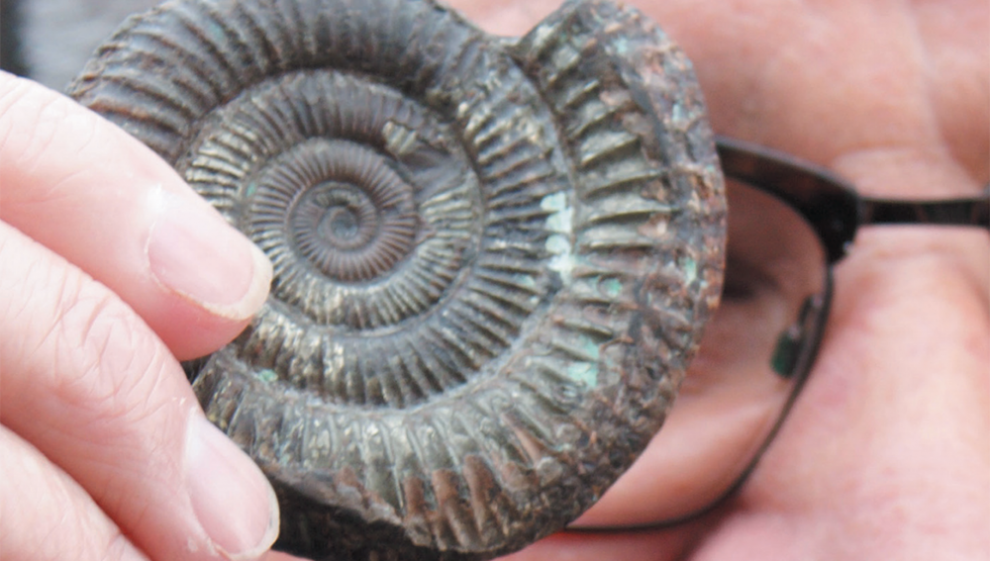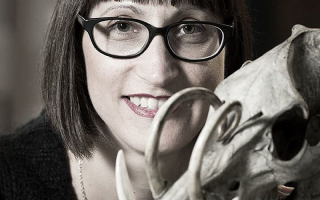'Museums on Prescription'

It opened doors for me, you gave us the opportunity to explore things that we wouldn't have done ourselves. Normally, I would never have dared come here.“
Professor Helen Chatterjee of UCL was Principal Investigator and Head of Project and Professor Paul Camic of Canterbury Christ Church University was Co-Investigator. The project was funded by the Arts and Humanities Research Council. The research findings highlighted the significant improvement in psychological wellbeing of the participants. This project used the UCL Museums Wellbeing Measure which includes guidance on how to collect and analyse basic quantitative and qualitative data. One method used to collect data was in the form of a 'museum diary' where participants reflected on their experiences during the programme.
One finding that came from the UCL/Canterbury Christ Church research was that older people still aspire to achieve and achievement can be a powerful driver of wellbeing, with positive effects on self-esteem and self-confidence. It was recommended that museums should offer opportunities for people to acquire new skills or to develop existing ones. Co-production of a resource or exhibition is a powerful way to give participants a feeling of ownership and in this way museums can demonstrate the value of their work.

About Professor Helen Chatterjee
Professor Helen Chatterjee is a Professor in Biology (Department of Genetics, Evolution & Environment) and Head of Research and Teaching for UCL's Public and Cultural Engagement Department.
In 2015 Professor Chatterjee was awarded the MBE for services to Higher Education and Culture.
 Close
Close


